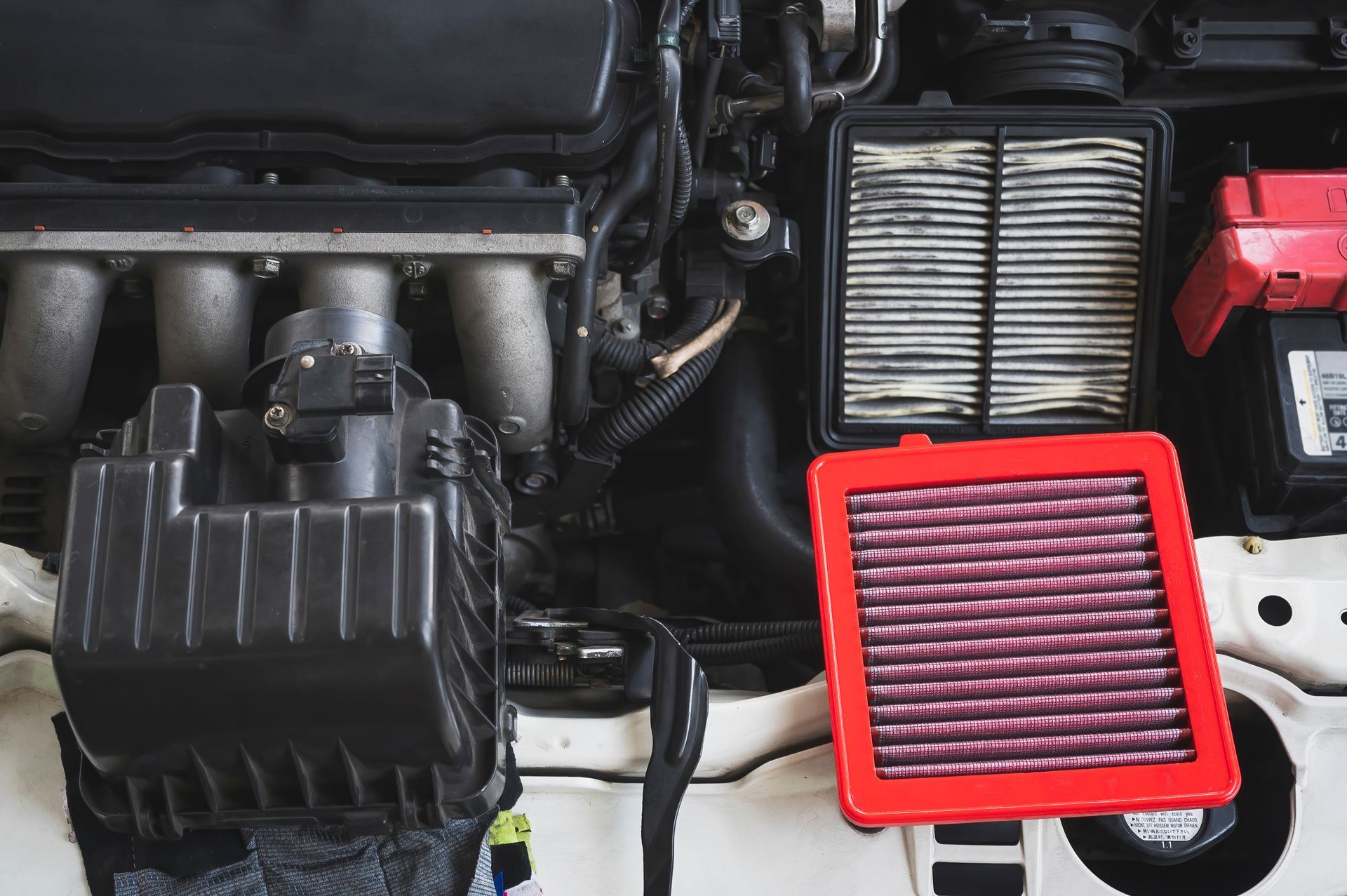 A cool and fresh breeze from your vehicle's window is welcome as you drive by some flowery boulevard. And so is some fragrant smell from your car's deodorizing components. An awful sulfur-like or rotten egg smell is a sign of a mechanical problem that you should solve for your vehicle to function well.
A cool and fresh breeze from your vehicle's window is welcome as you drive by some flowery boulevard. And so is some fragrant smell from your car's deodorizing components. An awful sulfur-like or rotten egg smell is a sign of a mechanical problem that you should solve for your vehicle to function well.
Your vehicle's gas contains some sulfur in its hydrogen sulfide. The combustion of the gas in your vehicle's engine converts the hydrogen sulfide into sulfur dioxide, which often has no awful odor. So, what causes the awful sulfurous smell?
Incomplete engine combustion and the cause of the sulfurous rotten egg odor
The incomplete combustion of hydrogen sulfide in your vehicle's engine causes a sulfurous rotten egg smell, which indicates a serious engine malfunction. Such an engine failure is often linked to various system failures, including worn-out fuel filters, damaged catalytic converters, a damaged fuel pressure sensor, and overused transmission fluid.
Damaged oil filters and fuel pressure sensors
Fuel pressure sensors control the use of your vehicle's oil. If the regulator fails, the catalytic converter gets clogged with lots of oil. The high oil level hampers the converter's ability to process exhaust byproducts that cause the rotten egg odor. The buildup of byproducts within the catalytic converter may also lead to overheating, which causes a terrible egg odor. Such problems can get solved by replacing the worn filters or regulators.
Damaged catalytic converters
The catalytic converter helps transform hydrogen sulfide in your vehicle's fuel to sulfide dioxide that is odorless. A clogged or damaged catalytic converter may not facilitate such gaseous conversion and lead to a rotten egg smell. A new catalytic converter may be the perfect solution for such a problem.
Old unchanged transmission fluid
Your unchanged and old transmission fluid may leak into other vehicle systems and cause a rotten egg smell. An oil change may solve such a problem.
Burning, smoking, or sulfuric odors indicate a problem or malfunction that needs immediate vehicle assessment and remedial measures. Your fuel pressure regulator, fuel filter, catalytic converter, or transmission fluid could be the problem. Check all these systems and components to find the potential causes of the sulfurous rotten egg odor.
Do you need any auto repairs today? If so, give LightHouse Automotive a call today!








.jpeg)

